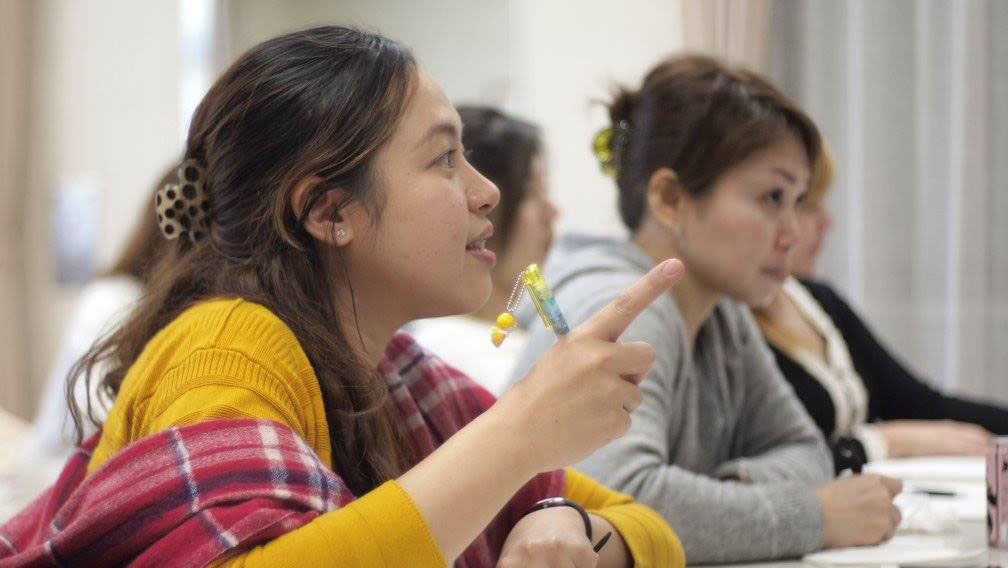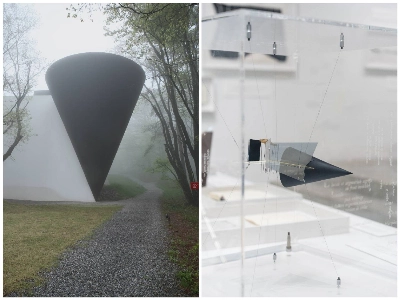On a crisp late-December afternoon, a group of Filipino women gather at a community center in Tokyo's Shin-Koiwa district. They are here for a Montessori teacher training workshop.
Some of the women aspire to open their own international preschools. Others hope it will help them in the ESL (English as a second language) job market. As one woman explained, they need extra training and credentials to compete with the "native speaker" instructors — Americans, Canadians, Brits and Aussies — who dominate Japan's ESL industry.
For years Cesar Santoyo, executive director of the NGO Center for Japanese-Filipino Families, has been organizing training workshops like today's. His motivation has been to help the women find alternative work outside the factories and nightclubs. Many have university degrees or some college education. Santoyo encourages them to "re-skill" and reclaim atrophied job skills and the status their education was supposed to have earned them. Discussions on how to find work or launch private eikaiwa — English conversation schools — is another component of many workshops.



















With your current subscription plan you can comment on stories. However, before writing your first comment, please create a display name in the Profile section of your subscriber account page.